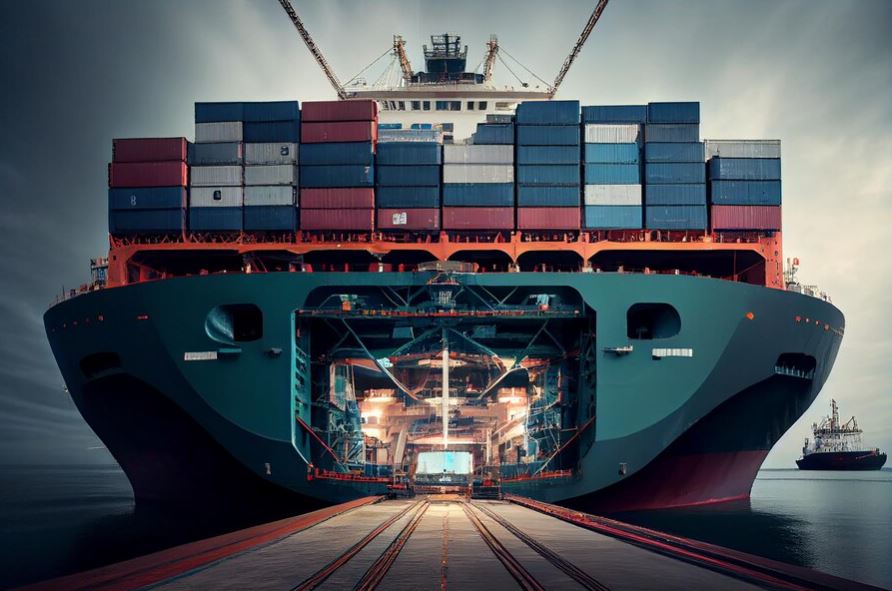Prevalence of the tobacco industry in the Indonesian economy: –
Indonesia is the fifth largest consumer of tobacco and tobacco products. Annually at least 200,000 people die directly or indirectly due to tobacco consumption. While there are health implications of tobacco consumption in Indonesia, it stands as the fourth largest revenue-generating industry in the country. The leading tobacco companies in Indonesia are Gudang Garam, Djarum, Sampoerna, and Bentoel. Multinationals operating in Indonesia include Philip Morris, PT BAT Indonesia, and Rothmans.
Government intervention through taxation in the tobacco industry:
Due to increasing awareness among the masses about the hazards of cigarettes, the government has been increasing various forms of taxes on cigarette consumption and production. This includes a sales tax on the commodity as well as a duty on the import of cigarette-making machinery. The government achieves the following aims through its taxation policy: –
- Control consumption of cigarettes.
- Illegal cigarettes are extremely prevalent in Indonesia. The government wishes to control the manufacture and sales of these cigarettes through taxes.
- The tobacco industry is a major contributor to GDP in Indonesia. It employs a major proportion of the Indonesian labor market. The government sustains the labor market through its taxation policy.
- Lastly, the government earns its major chunk of revenue through taxes on the cigarette industry.
In Indonesia, the cigarette industry comprises three types of cigarettes: –
- SKT: – Sigaret Kretek Tangan is handmade clove cigarettes. These are the earliest forms of cigarettes in Indonesia.
- SPM: -Sigaret Putih Mesin is the white cigarettes manufactured through machinery.
- SKT/SPM: – Sigaret Kretek Tangan/Sigaret Putih Tangan are handmade clove and white cigarettes.
Important facts about cigarette-making machine exports to Indonesia: –
The Indonesian government does not provide licensing to all activities across the value chain in the tobacco industry. The government licenses the production, import, and export of tobacco goods and tobacco products-making machinery. It does not license other activities such as the growing of tobacco, shipment of commercial quantities, wholesaling, brokering, distribution, and retail of tobacco and tobacco goods or machinery. However, if the government protects the tobacco product from excise tax, it gives a transport license. The transporter seals the product during the process. Law No. 39/2007 regulates the authorization.
Indonesian government sets custom duty on the import of cigarette-making machinery using a schedule of reference prices. The Director General of Customs and Excise evaluates the perceived risk of the importer and the import price of the equipment over the previous 90 days. According to the country trade law, 87/2015, designated surveyors make pre-shipment verification of the cigarette-making machinery. The importer bears the cost of this verification made by an independent party.
Most of the exports of cigarette-making machinery made to Indonesia are from these three countries: –
- Germany
- Malaysia
- China
Indonesia is the second largest importer of cigarette-making machinery. India tops the list, while Vietnam secures the third spot.
The top three cigarette-making machinery product categories are as follows: –
- HSN Code 84789020 : 84789020
- HSN Code 84789010 : 84789010
- HSN Code 84821000 : 84821000
How To Export Cigarette-Making Machines To Indonesia: –
The common types of machinery that countries export to Indonesia include: –
- Wrapping machines
- Packing machines
- Filter makers
- Tobacco cutters
- Cigarette makers
- Carton boxing machines
- Hauni machines
- Mollin machines and many others.
The importer from Indonesia inspects and verifies if the machinery is of satisfactory quality standard. The exporting company must adhere to the international regulations of trade and business.
Cigarette-making machinery imports to Indonesia are subject to different taxes. These include: –
- Cost, Insurance, and Freight duty (CIF)
- Value-added Tax (VAT)
- Excise and Sales Tax.
The government of Indonesia, like any other country, requires complete documentation from the exporting business. The list includes: –
- A proforma invoice
- Commercial invoice
- Certificate of origin
- Bill of lading
- Packing list
- Insurance certificate
As for the importer, he must have the following documents: –
- Import license
- Importer ID
- Special permit in case the importer does not have a license
- A certificate of notification was sent to the customs office informing about the arrival of cigarette-making machinery
- The Customs Office shall inspect machinery along with technical staff.
After-sales support and maintenance is an extremely important factors when exporting cigarette-making machinery to Indonesia. Cigarette manufacturing is one of the leading businesses in the country. Hence, consistent and mutually beneficial support from trading partners is what Indonesian companies prefer when it comes to buying technical capital goods, such as cigarette manufacturing machinery. Also, they expect exporters to incorporate the latest technological developments and provide regular training to staff regarding the use of the machinery.
Conclusion: –
Exporting cigarette-making machines to Indonesia is a sustainable business proposition, given the lucrative market conditions. However, it is important to ensure that the exporter offers highly effective products and services to win the trust of such a crucial market. Marson Group has been a successful cigarette-making machine exporter to Indonesia for many years. It has established itself as a reliable and sustainable business partner in the region.






Thanks for sharing. I read many of your blog posts, cool, your blog is very good.
Your point of view caught my eye and was very interesting. Thanks. I have a question for you.
Can you be more specific about the content of your article? After reading it, I still have some doubts. Hope you can help me. https://accounts.binance.info/register?ref=P9L9FQKY